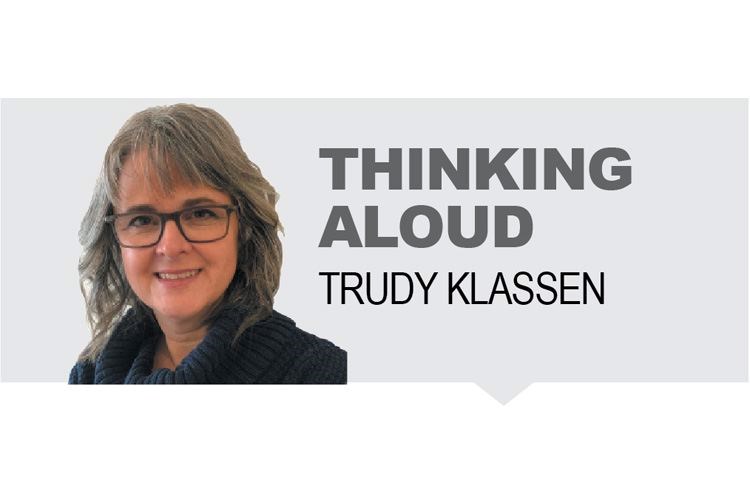Following on the idea that our knowledge of human nature should inform our vote, what do the policies and platform of a party indicate what they think of human nature? Is there a recognition that the best way to help people is not to give them a fish, (to use the clich) but rather teach them how to fish? Does the party platform heavily restrict fishing, or even allow us to fish? Check to see how they propose to solve problems that the ordinary citizen cannot solve for himself, or if government is presented as the solver of all problems. Another thing to consider is cost: will the cost of the program save us money? The public purse is your purse, my purse, and our grandchildren's purse. Money that we borrow today has to be paid back at some point, if not by us then our children or grandchildren.
If the party is offering to put various programs in place to solve problems, are they designed to enable people, or are they designed in a way that will disenfranchise people? Will a program help build a community to be more self-sufficient and better at taking care of each other, or does the program encourage government dependency? Will it help to build up people or simply make them dependent?
Consider the logging industry. The last week of September we saw a 400-log-truck-convoy travel to Vancouver. These truckers are not asking for a handout. They know that the increased logging to deal with the beetle-kill has meant that the AAC is smaller. What they want is policy and regulatory change to enable them to continue to provide a competitive product, so that they can make money with the cut that is available. They point out, correctly, that Alberta logging is thriving. The question for the BC Government is, will you remove the roadblocks and improve the regulatory process so that our forest products can compete on at least an even field? I am no expert on the forest industry, but I have heard experts speak of the need to change at least 8 or ten different regulations in order to improve BC competitiveness. This topic is mostly a provincial matter, but I provide it as an example of how people do not want handouts, they want opportunity.
Another example; in BC, we value our agricultural land and felt that it needed to be protected from development, so we created the Agricultural Land Reserve. I don't understand half of the issues around this legislation, but apparently, currently, in an attempt to ensure that the land is not used for suburbs, secondary homes are no longer allowed. The funny thing is whoever wrote this new bill, Bill 52, didn't consider the impact in the real world. It is human nature to want to take care of our parents, for example, and we try to find the most efficient way of doing that. Let's say you are a young family wanting to move your parents onto your property for their retirement years. Under current legislation, this cannot happen. You cannot plan to have your parents living in a second home on ALR land. As I understand it, even if you have an existing secondary home and one burns down you cannot replace it. Stupidly, other government agencies are taxing empty homes, party to create rental housing....but if you live in a rural area on ALR land, rental housing is being shut down. This bill seems to actually not solve any problem, it actually prevents people from solving their problems.
Third, read carefully if a party's platform elevates government's role in people's lives. If it does, it will likely infringe on your rights at some point. Sometimes, we would like to vote for a party because all the government action they are proposing sounds really good, but what if your neighbour doesn't like the proposals? How will they be treated? Will they still have opportunity to thrive, or will they be heavily taxed to pay for services they will never use? Is that fair? To some degree, it is the price we pay for living together, but we need to be very cautious about spending other people's money on our own pet projects. Consider that in future a government may come to power that has the same interventionist bent, but their ideas of what is worth spending (your) money on may be exactly opposite of what you would like. Not so much fun then, eh?
We elect people to govern on our behalf, not to tell us WHAT to do, but to assist us in doing what we want to do. Let's talk politics. It will make us all better Canadians.



